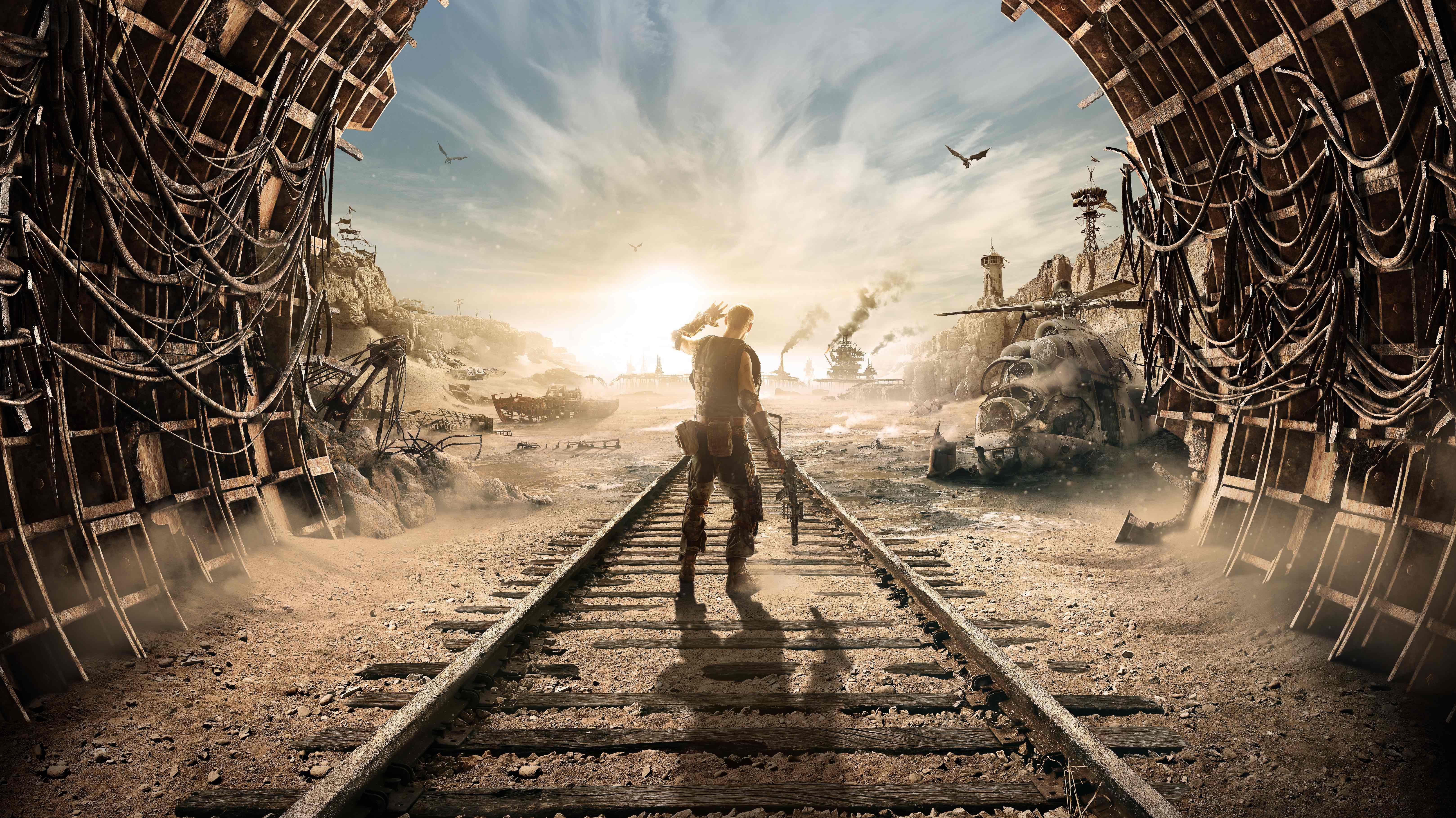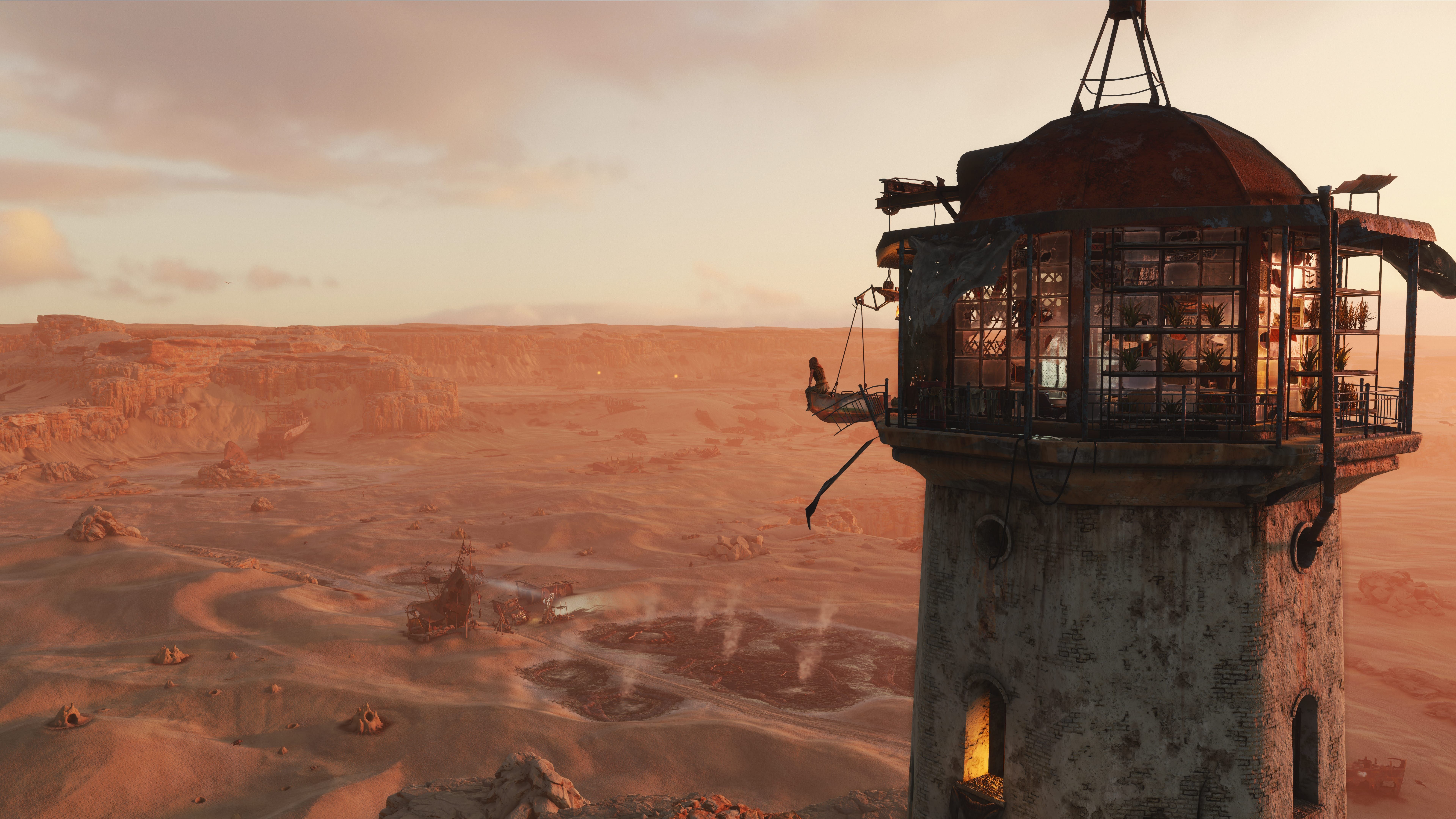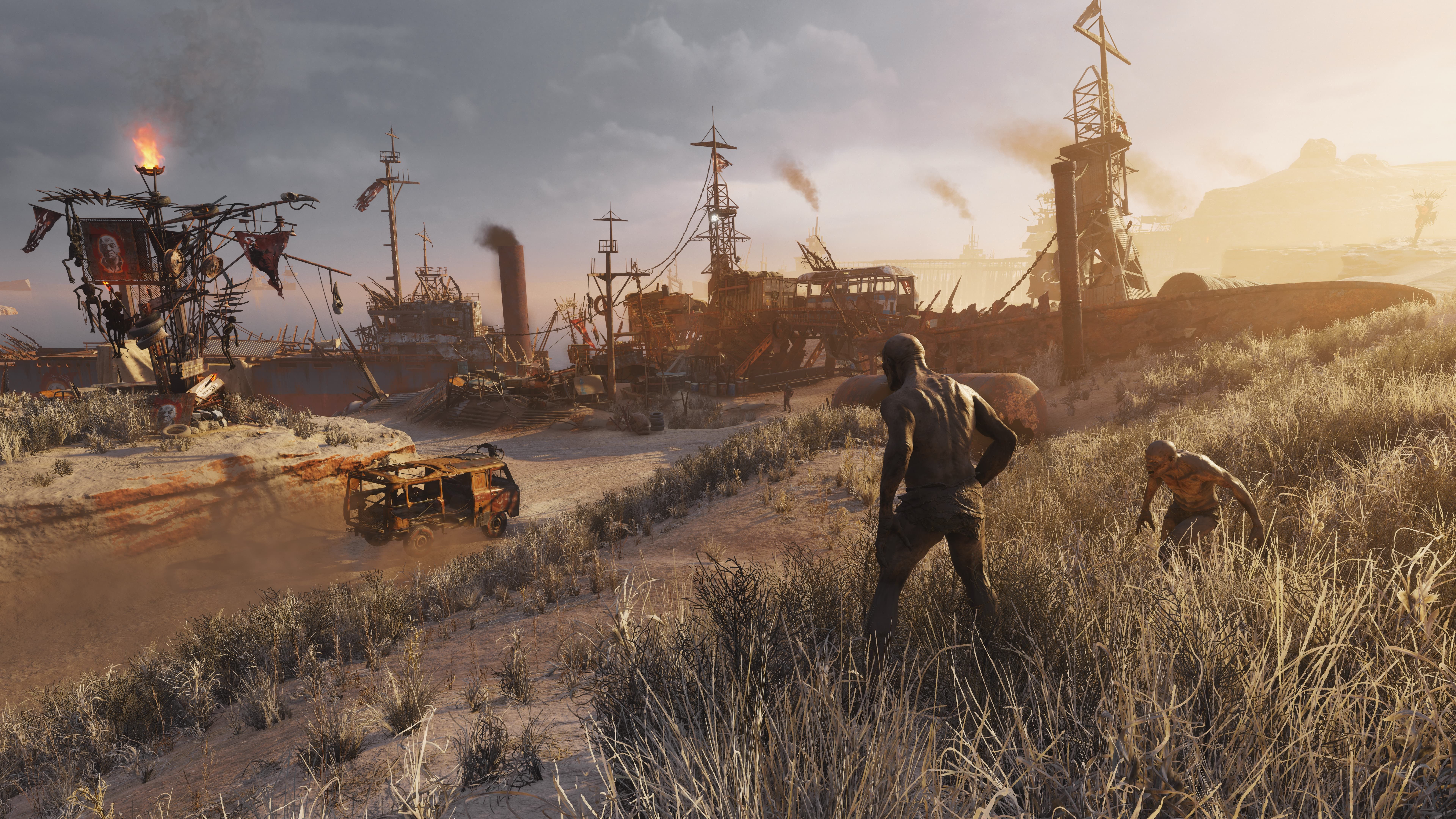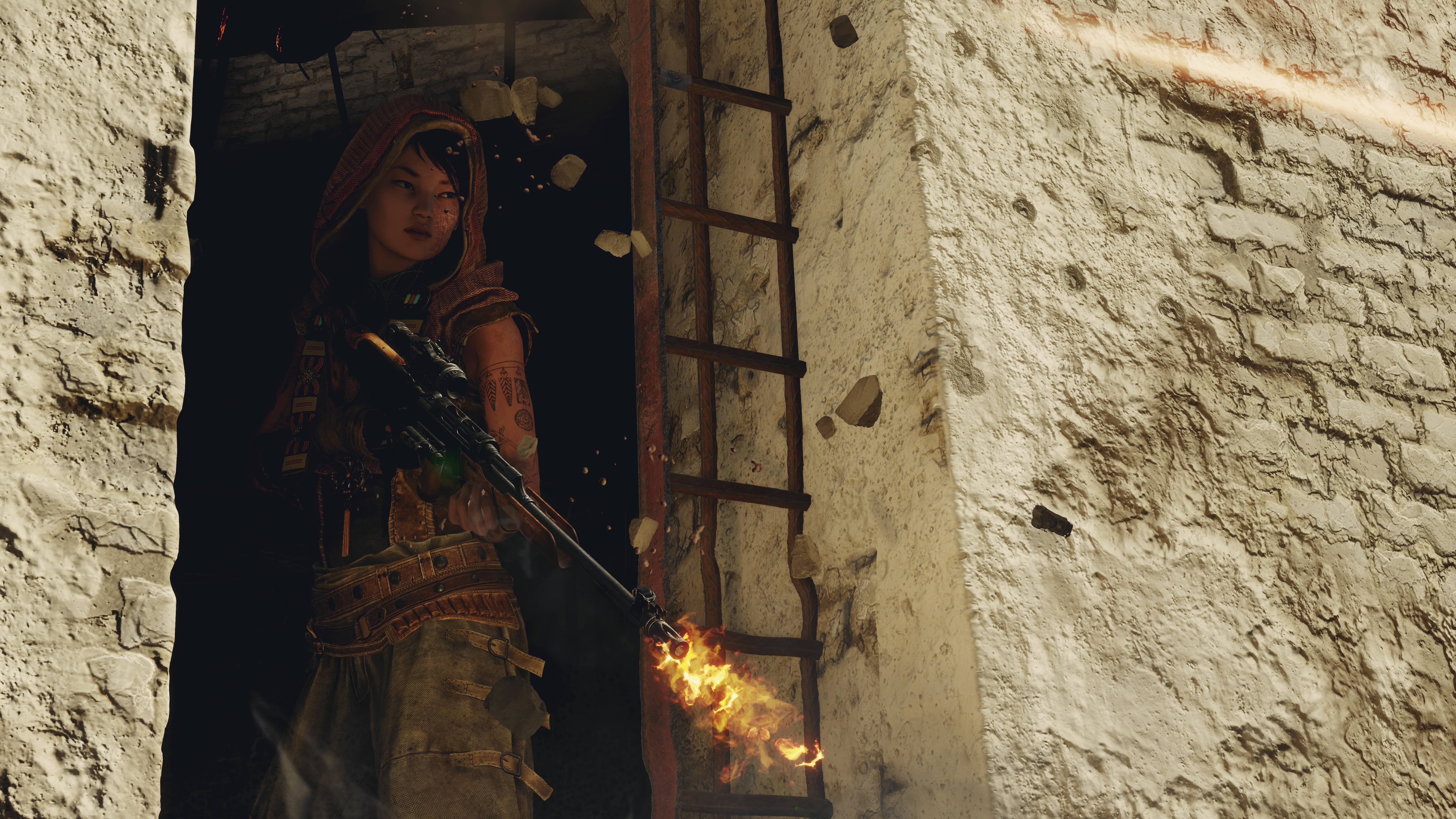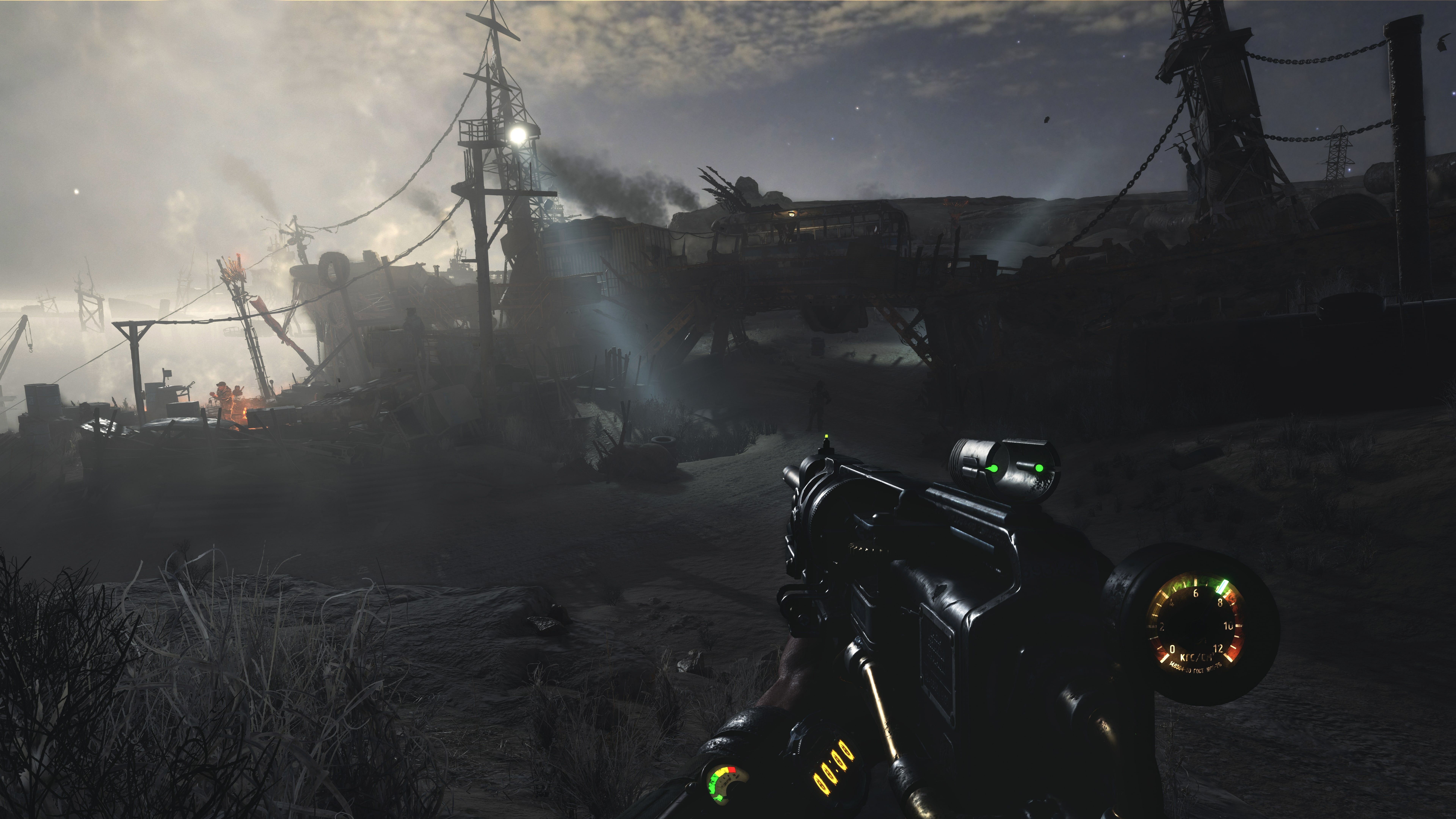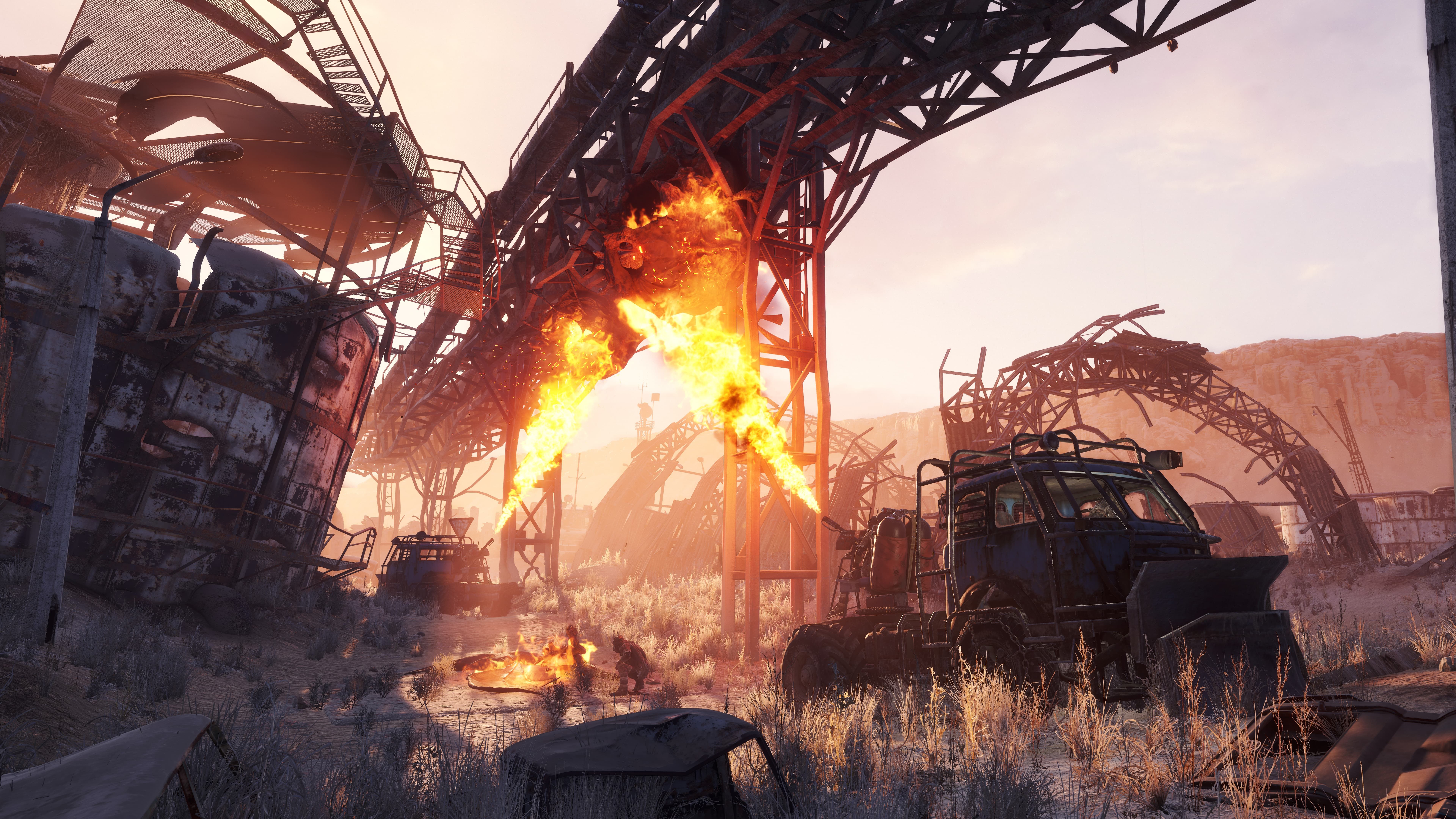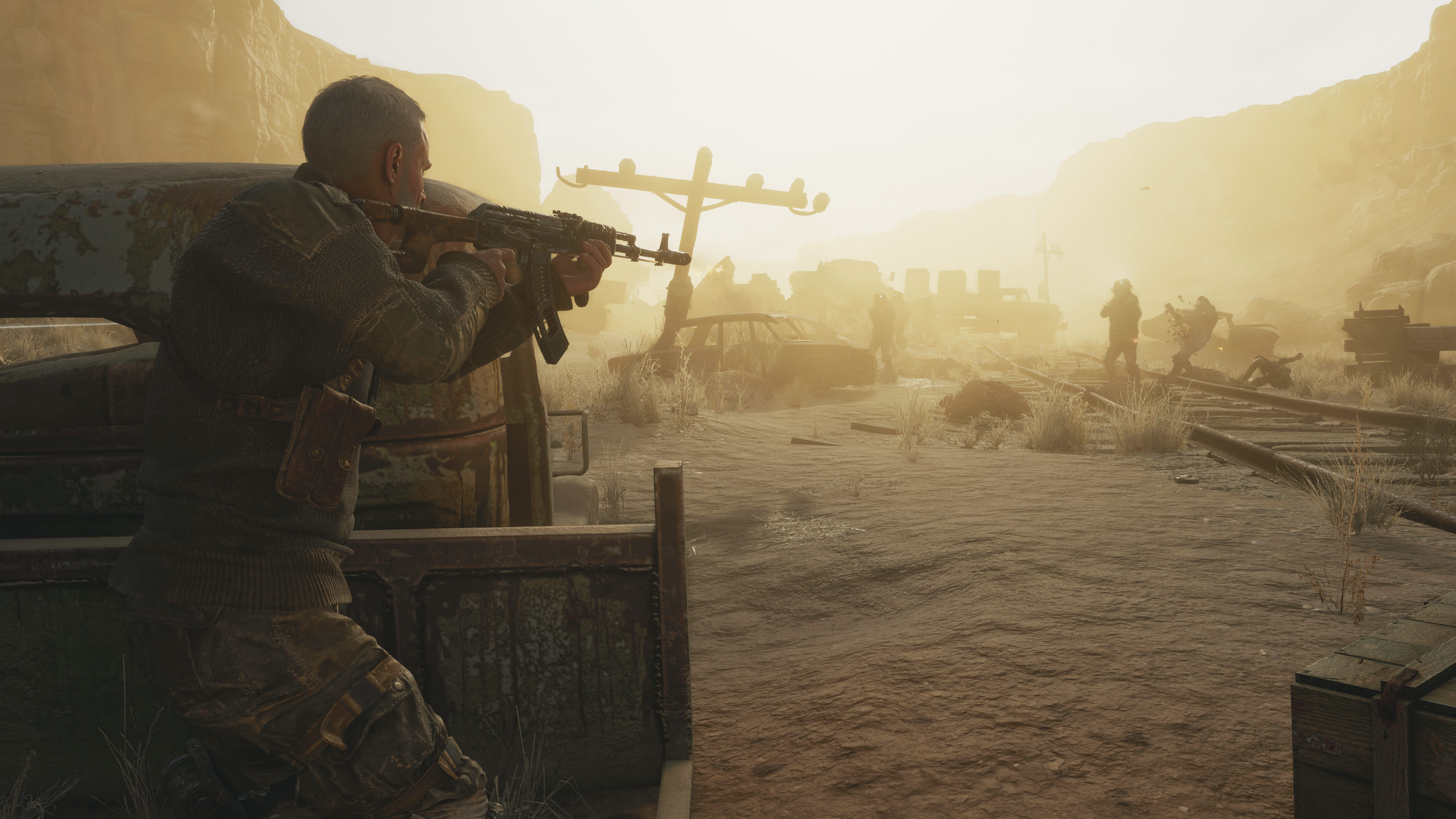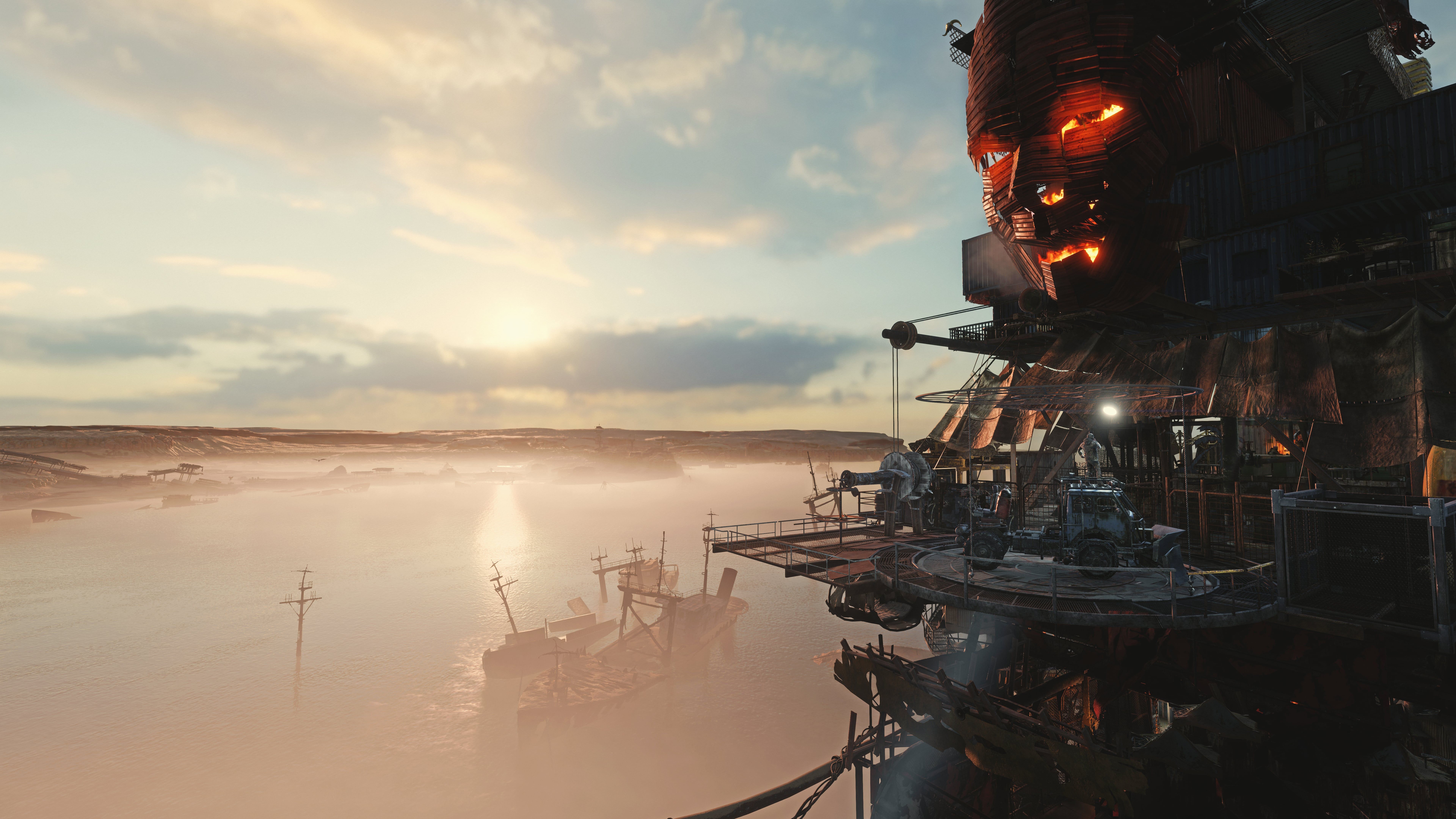With the release of Metro 2033 in 2010, the Metro series managed to fill in its own unique place in the well-worn genre of post-apocalyptic fiction, especially when it comes to post-apocalyptic video games. Though they haven't had quite the same amount of recognition as major hits in the genre like the Fallout and Borderlands series, Metro's take on the post-apocalyptic genre has thrived thanks to its combination of a unique setting--post-nuclear, war-torn Russia--and gameplay that relies heavily on survival mechanics and a deeper sense of horror.
The Metro games are pretty much cult classics by definition, and though the series has been dormant for some time since the release of Metro: Last Light in 2013, the upcoming third entry in the series, Metro Exodus, seems to deliver on what has made the series stand out so strongly in the past, which fans of the series can certainly look forward to come February. However, what makes Metro Exodus stand out even more is the fact that it is also looking to expand on all of the foundations that its world has to offer with bigger, denser environments that takes players out of its signature metros and into the wilds of post-apocalyptic Russia.
[pullquote]"Metro Exodus is looking to expand on all of the foundations that its world has to offer with bigger, denser environments."[/pullquote]
In a preview session with publisher Deep Silver in New York City, we had the chance to play about two hours of Metro Exodus to get a feel for the game before its release next month. During the demo, we also got to take a look at a brand new area that hasn't been seen before, the Caspian desert.
For those unfamiliar with past installments of the series, Metro Exodus is the third entry in the franchise following Metro 2033 and Metro: Last Light and takes place within a post-apocalyptic world inspired by the titular series of novels from author Dmitry Glukhovsky. Coming off the last two games, Metro Exodus follows the story of a survivor named Artyom two years after the events of Last Light, where he joins a band of survivors alongside his wife, Anna, to journey beyond Moscow to try and find a better place to make a life for themselves out in the wastelands.
[pullquote]"While Metro Exodus has far more opportunities for exploration, this isn't to say that the series has gone completely open-world."[/pullquote]
As Artyom travels with the group of survivors on an old Russian train called the Aurora, Metro Exodus unfolds over the course of a full year and brings with it a deeper sense of progression over time in the story. The seasons change from winter to spring over the course of the journey, and the environments that players encounter also change with them accordingly. Earlier trailers and demos showcased the harsher winter months of Metro Exodus, while in a complete change of pace, our demo highlighted the game's summer months out in the Russian deserts.
Outside of continuing the story of Artyom and his companions in their trek across post-apocalyptic Russia, the most notable element that Metro Exodus introduces to the series is a larger scale, especially when it comes to the environments that players will explore and tread across their journey. As the previous Metro games were fairly linear (with some room for exploration and going off the beaten path), Metro Exodus expands on this immensely by introducing not just bigger environments than what the series has seen before, but also a greater variety of locations and landscapes than a Metro game has ever featured.
[pullquote]"4A Games still seem to have provided worthwhile side areas to explore and visit over the course of the Aurora's journey."[/pullquote]
The best examples of this came from completing the story missions early on in our demo of Metro Exodus, which showed how the series can adapt from the dimly-lit Russian subway tunnels that made the earlier games so effective and atmospheric, and allow Exodus to branch out into completely new settings. In the beginning of the demo, I primarily traveled across the surface of the dry Caspian desert while searching for another survivor who was held up in an old watchtower, having to combat the elements and withstand severe sandstorms from time-to-time with my gas mask.
In a later mission that had me exploring a series of tunnels underneath another building, there I found a bit more of the traditional Metro-style environments that had me fighting off hordes of horrible mutated scorpion-like creatures in the dark, and then trying to find my way back after restoring power to the rest of the building. Both of these scenarios highlighted the ways that Metro Exodus manages to capture the tense atmosphere of the series as a whole, but with some new twists thanks to the wider array of environments that players will be taken through over the course of the game.
[pullquote]"Metro Exodus has embraced a larger canvas to paint with, but without completely sacrificing the tight, narrative-driven experiences that made the past games so memorable."[/pullquote]
While Metro Exodus has far more opportunities for exploration and letting players choose their own path than in 2033 or Last Light, this isn't to say that the series has gone completely open-world, at least compared to the scale of something like Red Dead Redemption 2 or Assassin's Creed Odyssey. Instead, the Aurora will carry players to new locations at various points throughout the game, leading to a string of larger, contained environments as opposed to one enormous, all-encompassing world map.
Though the two hours we had with the game was solely confined to the Caspian desert area, it's easy to tell that Metro Exodus has embraced a larger canvas to paint with when it comes to giving players more freedom and chances to explore, but without completely sacrificing the tight, narrative-driven experiences that made the past Metro games so memorable. In the case of the area that we played, as I drove through the desert in a dilapidated old wagon to get to my next objective, pulling up the world map not only revealed the waypoint for the next main mission that would progress the story, but also highlighted different areas or paths (marked by a question mark) that held some kind of notable side mission or area to check out along the way.
While I don't expect Metro Exodus to have the near exhaustive levels of side content that we've now come to expect from massive open-world titles, 4A Games still seem to have provided worthwhile side areas to explore and visit over the course of the Aurora's journey, such as one encounter I had in an old, dilapidated building that appeared to have been inhabited by some creepy cultists. Though we have to wait and see if Exodus can justify making its environments bigger by giving players a reasonable amount of things to do, so far what I played shows that 4A is on the right track to making these environments engaging and worth exploring, especially combined with the signature survival mechanics that force players to be thrifty with their ammo and supplies.
[pullquote]"The weaponry and equipment retains their signature rusty, worn appearances that made the previous Metro titles feel so lived-in."[/pullquote]
Though the scale of Metro Exodus has changed the series drastically compared to its past installments, what the game hasn't lost is its deep sense of immersion and atmosphere that really drives home the desolate, rundown feeling of the Metro universe. In the case of the old wagon that I mentioned earlier (which also marks a first for the Metro series by including vehicles), the dilapidated car quite literally was just barely held together, as the "key" for the car was fashioned from an old shoddy piece of metal taped together to get the car running when I put it into the ignition. Even then, the excellent sound design carried the idea that I was pretty much driving a piece of junk, but when out in the world of Metro, it was better than nothing at all to get around with.
Likewise, the game's weaponry and equipment retains their signature rusty, worn appearances that made the previous Metro titles feel so lived-in and tangible, such as having to literally duct tape my gas mask when it was riddled with cracks and bullet holes. This especially comes through the game's reliance on crafting, as players now have the ability to utilize Artyom's backpack to craft items while out in the field (instead of at designated workbenches), whether that's ammunition for your weapons, healing items, additional canisters for your gas mask, and new weapon parts.
Though crafting can sometimes feel like busywork in many games, Metro Exodus so far has made it feel justified and integral to the core ideas of its gameplay and setting. Scrounging up supplies from enemies feels essential after every encounter to make sure that you have enough to make it through the next one, including gathering together weapon parts from the weapons of enemies that players can attach to their own weapons and make them more viable against the threats of the wasteland.
[pullquote]"The technical performance of Metro Exodus had me unsure of what to expect with the game's final release next month."[/pullquote]
Coming out of the hands-on preview with Metro Exodus, the only real concern I came away with was that of the game's technical performance, which felt a bit uneven in spots. We played the demo on an Xbox One X developer kit, and while there was the added benefit of playing the title on more powerful hardware, the technical performance of Metro Exodus had me unsure of what to expect with the game's final release next month. The frame rate in particular felt the most uneven at points, as it seemed to near 60fps in the less busy, wide-open areas, while environments and encounters with a lot of enemies--or areas with a lot of detail--felt like it was delivering closer to the 30fps mark (or below).
On a visual level, Metro Exodus looked striking with its numerous details and environments that managed to deliver between vast, wide-open locations, and areas that felt more claustrophobic and scary thanks to its incredible lighting. However, it remains to be seen what the game's final performance will look like with a wider range of hardware between consoles and PC. Given that the recent Metro Redux collection of the previous two titles proved to be a true test of PC hardware capabilities, I have no doubt that Metro Exodus will look stunning on those with higher-end PC hardware. However, we'll have to see whether the game's final few weeks of polish can iron out potential performance issues that might crop up on consoles, whether it's the PS4 Pro/Xbox One X or the standard versions of those systems.
[pullquote]"The prospects of traveling across its post-apocalyptic Russia has me excited to see more of what 4A Games has in store."[/pullquote]
Despite these few concerns, the time that I had with Metro Exodus so far hasn't made me reconsider it as one of my most anticipated titles for the early part of 2019. Though two hours with the game is likely just a drop in the bucket compared to the rest of the experience, Metro Exodus shows that the series has great potential by expanding on its ideas in a larger world driven by more choice for the player, and the prospects of traveling across its post-apocalyptic Russia has me excited to see more of what 4A Games has in store.
Though the series has now branched out from the dark, Russian subways and tunnels that made its prior two games so distinguishable and haunting, Metro Exodus shows that the rest of its world might have even darker, more enticing things to hide.
Metro Exodus will release for PS4, Xbox One, and PC on February 15, 2019.

